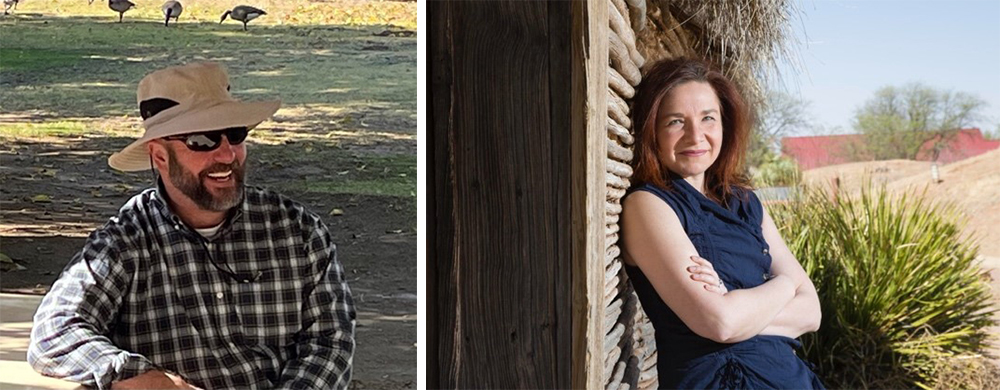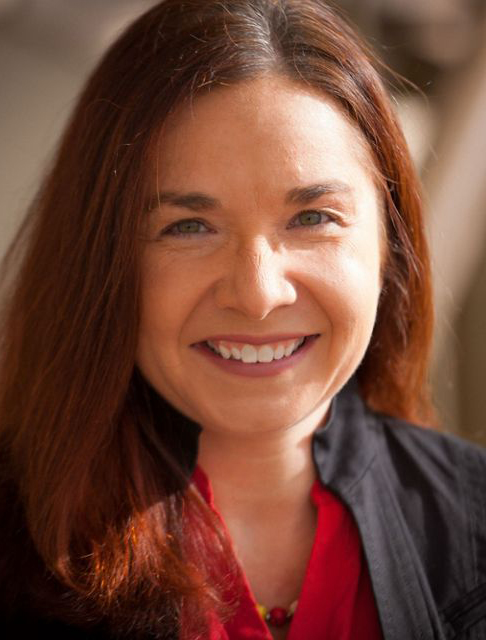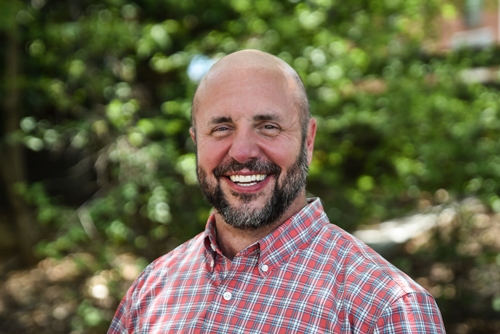In Season 7, Episode 10, host Sarah Thorne and cohost Jeff King, National Lead of the Engineering With Nature (EWN) Program, US Army Corps of Engineers (USACE), continue their in-depth conversation with Katharine Hayhoe, Chief Scientist of The Nature Conservancy (TNC). In Part 2 of our special three-part series, Katharine talks about taking action—living according to your values and making changes that contribute to climate solutions—and about the critical role that nature-based solutions (NBS) play in addressing climate change.
To live up to her personal climate action values, about 12 years ago, Katharine measured her own carbon footprint and found that her scientific travel was the largest factor. So, she immediately changed the way she participates in academic and scientific events, transitioning most of the talks she gives to virtual talks. She notes that when she does travel for an important event, she “bundles” other meetings and speaking opportunities around that event: “I transitioned, successfully, over 80% of my talks to virtual, and then the pandemic hit and I was ready to go. I have the studio, the mic, and the sound panels that double as a cat bed when I’m not using them. And when I do travel—because I believe that personal connection is so important—I bundle. I try to pack as many events into those days as I can. When I went to the climate COP two years ago in Egypt, I packed in 55 panels, meetings, talks, and events. When I went to Climate Week in New York. I think I got 35 events in in five days.”
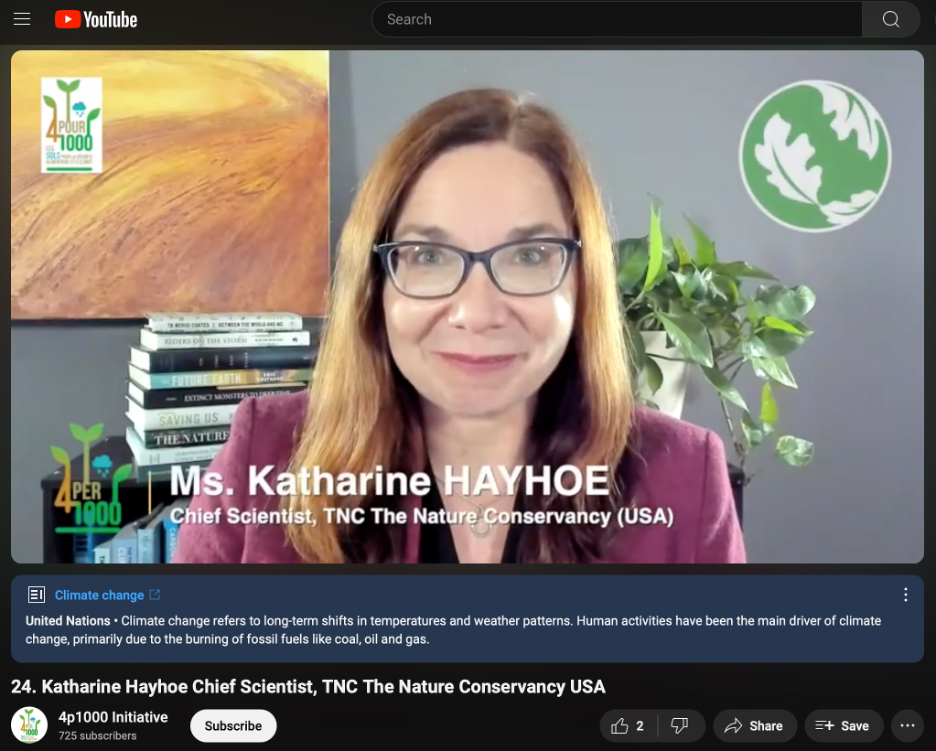
Katharine tries to make “every ounce and gram of carbon count” and believes that communicating the message that climate action is a collective effort that all people can meaningfully contribute to, is essential. “All the people I’m talking to are worried about climate change, but they don’t know what to do about it, and they feel like they’re doing as much as they can and nobody else is. We all feel like that. So that’s why communication is so important.” Picking up the analogy she used in S7E9 comparing the work of addressing climate change to moving a giant boulder, Katharine adds: “If we feel like we’re the only hands on the boulder that we’re trying to roll uphill, we will despair. But if we realize there are millions of hands on the boulder, in every country around the world, then we realize we’re not alone. We can do this. We’ve got it. That global connectivity is absolutely essential to fixing this problem.”
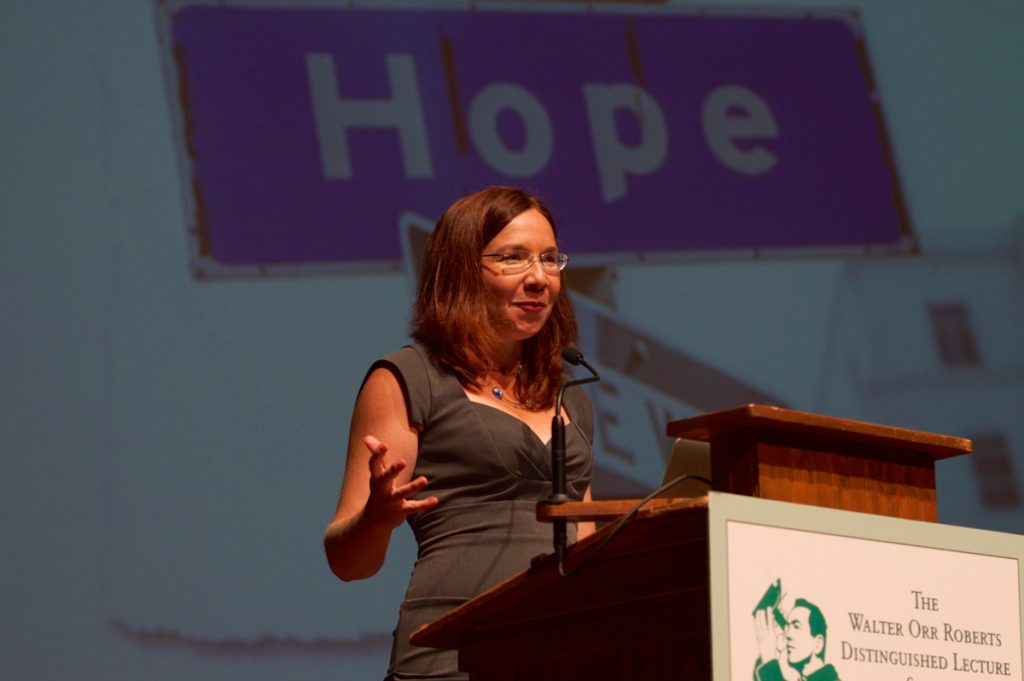
Sarah then asked Katharine to talk about the importance of nature-based solutions as part of the response to the threat of climate change. Katharine stressed that nature-based solutions play a critical role, noting that the Intergovernmental Panel on Climate Change (IPCC) estimates that 25% of present-day emissions could be eliminated, prevented, or removed by NBS. “If I see a newspaper headline saying, ‘Is this a silver bullet for climate change?’, I can tell you the answer is no. There is no silver bullet because our contributions come from so many different sectors and are made in so many different ways that there’s just no one thing that could possibly fix it. But I like to say there’s a lot of silver buckshot, and nature is one of our biggest pieces of silver buckshot. I mean, 25% of the climate change pie? That is huge!”
Katharine describes a few of the ways that NBS can help, “Ending deforestation, preserving and conserving land and forests that would otherwise be lost, implementing sustainable agricultural practices that don’t produce heat-trapping gas emissions, and so on. I’d add that a big part of what we do at The Nature Conservancy is to look at proper siting of renewable energy that will replace the coal, gas, and oil, but without harming ecological or biodiverse rich areas and without interfering with valuable agricultural land.” She adds that NBS also produces multiple benefits: “Nature can help make our cities more adapted, reducing flood risk, protecting coastal areas, reducing the urban heat island effect in our cities, helping figure out ways to grow more food, not less, in a warmer and more extreme world. So, nature is all through these categories of climate solutions. In fact, I don’t think there’s any way for us to meet our commitments made in the Paris Agreement in 2015, in any way, shape, or form, if we leave nature out of the equation.”
Jeff is highly complimentary of TNC’s work on NBS, noting that many TNC projects have been included in the EWN Atlas series. He also highlights the important contribution of TNC in bringing organizations together to collaborate on NBS initiatives, for example, “the Natural Infrastructure Initiative that TNC led along with Caterpillar, the US Army Corps of Engineers, the University of Georgia, and Ducks Unlimited. And TNC’s voice was heard on Capitol Hill speaking about the importance of nature-based solutions and how we needed to think differently in terms of natural infrastructure and creating resilience. When you put TNC in a room with, say, an AECOM or a Great Lakes Dredge and Dock, people start scratching their heads saying, ‘Hmm, what’s this all about?’ TNC brings so much interest and awareness to this space, showing how very different entities can work collaboratively to accomplish many of the same goals and objectives that we all share.”
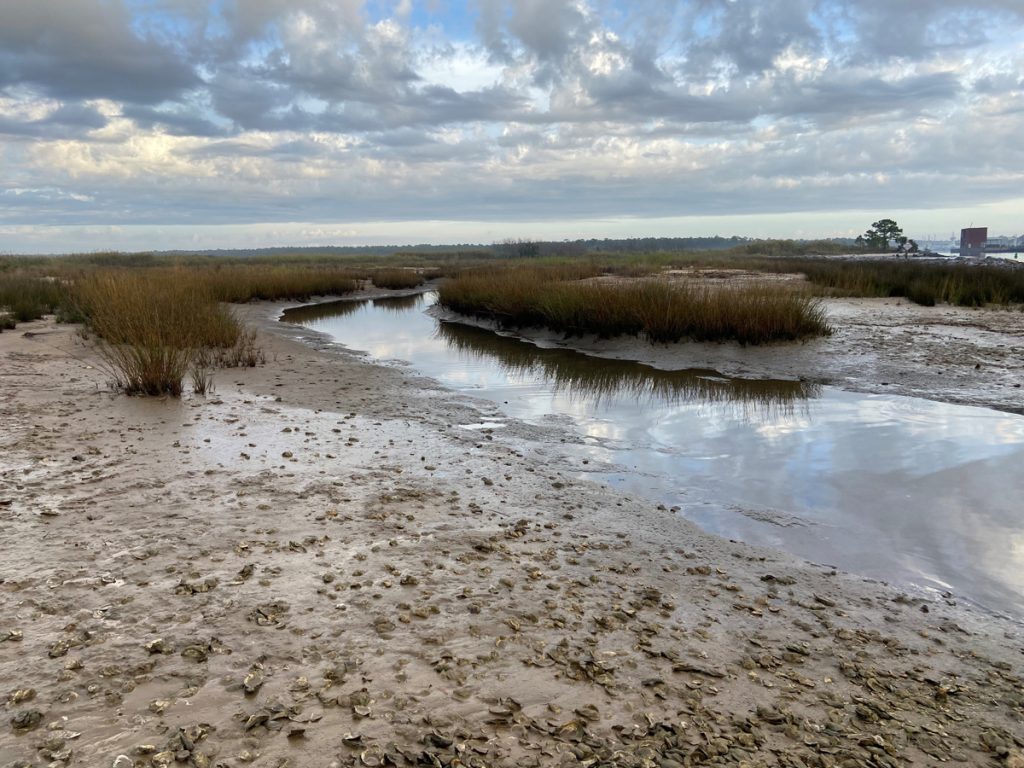
Our conversation with Katharine concludes in Episode 11, which posts on June 26. In our final episode of this series, Katharine focuses on inspiring action, how to learn more about climate change, and how to talk about it with others. We hope you enjoy this special series!!
